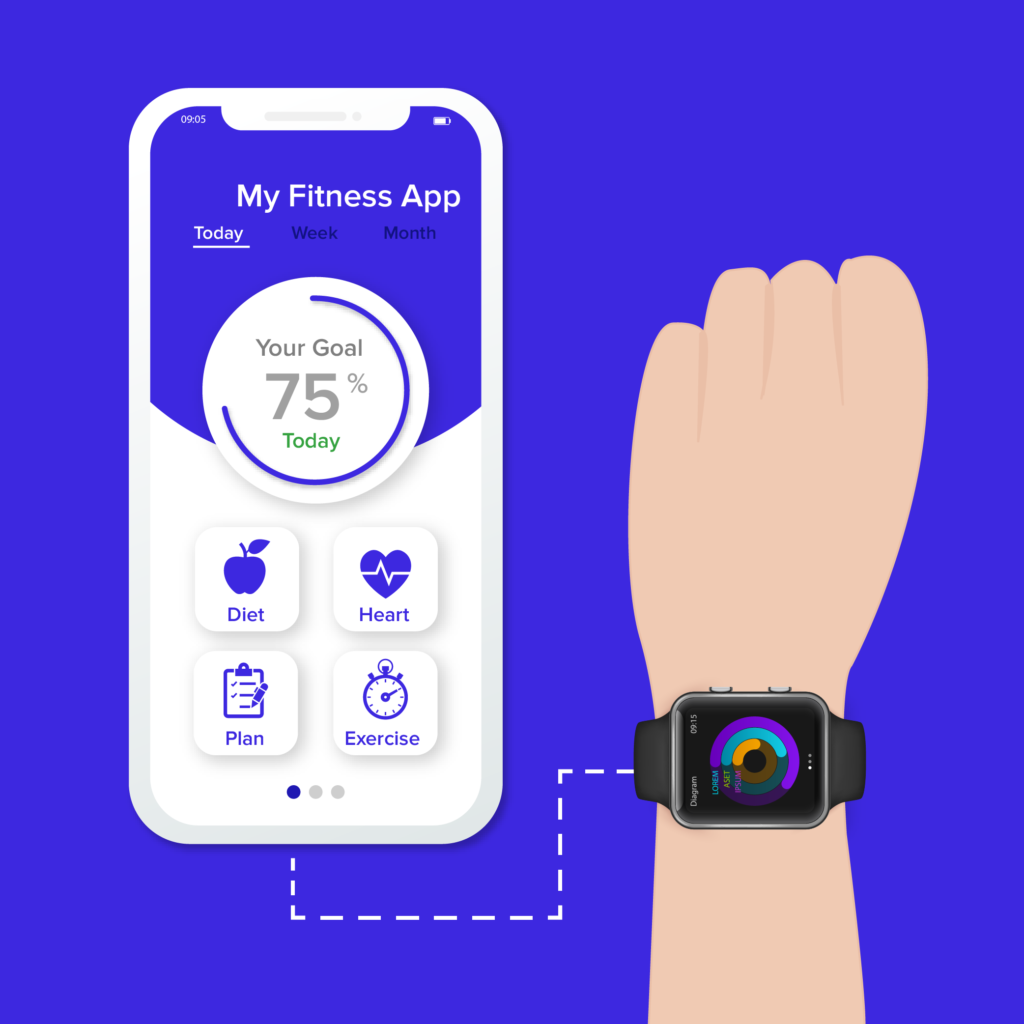
Health technology, particularly wearables, has revolutionized the way individuals monitor and manage their health. These innovations go beyond traditional medical devices, offering continuous data tracking, personalized insights, and proactive healthcare solutions. This article explores the latest advancements in health tech, focusing on wearables and other cutting-edge technologies shaping the future of healthcare.
Wearable Health Devices
1. Fitness Trackers
Fitness trackers, such as Fitbit and Garmin devices, monitor physical activity, heart rate, sleep patterns, and calories burned. These devices encourage users to set fitness goals, track progress, and make informed decisions about their health and wellness routines.
2. Smartwatches
Smartwatches, like the Apple Watch and Samsung Galaxy Watch, combine fitness tracking capabilities with additional features such as GPS navigation, notifications, and app integrations. They offer insights into heart health, stress levels, and overall well-being through advanced sensors and algorithms.
3. Continuous Glucose Monitors (CGMs)
CGMs provide real-time glucose readings for individuals with diabetes, eliminating the need for frequent finger pricks. These devices monitor glucose levels throughout the day and night, offering valuable data for diabetes management and personalized treatment adjustments.
Advanced Health Monitoring
1. Remote Patient Monitoring (RPM)
RPM uses wearable sensors and digital health platforms to monitor patients outside of traditional healthcare settings. It allows healthcare providers to track vital signs, medication adherence, and disease progression remotely, enhancing patient care and reducing hospital readmissions.
2. AI-Powered Diagnostics
Artificial intelligence (AI) is transforming healthcare diagnostics by analyzing large datasets and medical images to detect diseases and predict health outcomes. AI algorithms can interpret radiology scans, pathology slides, and genetic information with high accuracy, enabling early diagnosis and personalized treatment plans.
Personalized Health Insights
1. Genetic Testing
Genetic testing services, such as 23andMe and AncestryDNA, analyze DNA to provide insights into ancestry, genetic traits, and potential health risks. Genetic data can inform preventive measures, lifestyle changes, and personalized healthcare strategies tailored to individual genetic profiles.
2. Personal Health Apps
Mobile health apps offer personalized health tracking, symptom monitoring, medication reminders, and telehealth consultations. These apps empower users to take an active role in managing their health, promoting proactive healthcare management and improved outcomes.
Emerging Technologies
1. Virtual Reality (VR) in Healthcare
VR technology is used for pain management, rehabilitation, medical training, and therapeutic interventions. VR simulations and immersive experiences help patients cope with pain, reduce anxiety, and accelerate recovery in clinical settings.
2. Nanotechnology
Nanotechnology enables targeted drug delivery, diagnostic imaging, and tissue engineering at the molecular level. Nanoscale devices and materials have the potential to revolutionize medical treatments by enhancing efficacy, reducing side effects, and enabling personalized medicine approaches.
Challenges and Considerations
While health tech innovations offer promising benefits, challenges such as data privacy concerns, regulatory compliance, and healthcare disparities must be addressed. Ensuring the security and confidentiality of personal health data, promoting equitable access to technology, and integrating digital health solutions into existing healthcare systems are critical for realizing the full potential of health tech advancements.
Conclusion
Innovations in health technology, particularly wearables and advanced monitoring devices, are reshaping the healthcare landscape by empowering individuals, improving health outcomes, and advancing personalized medicine. As technology continues to evolve, collaborations between technology developers, healthcare providers, policymakers, and patients will drive innovation, expand access to care, and enhance the quality of life for individuals worldwide.